10 books by Leo Tolstoy that you need to read
Categories: Art | Book | Culture | Society | World
By Vika https://pictolic.com/article/10-books-by-leo-tolstoy-that-you-need-to-read.htmlIt is difficult to choose only ten books from the entire collected works of the author. But we tried.
10 PHOTOS
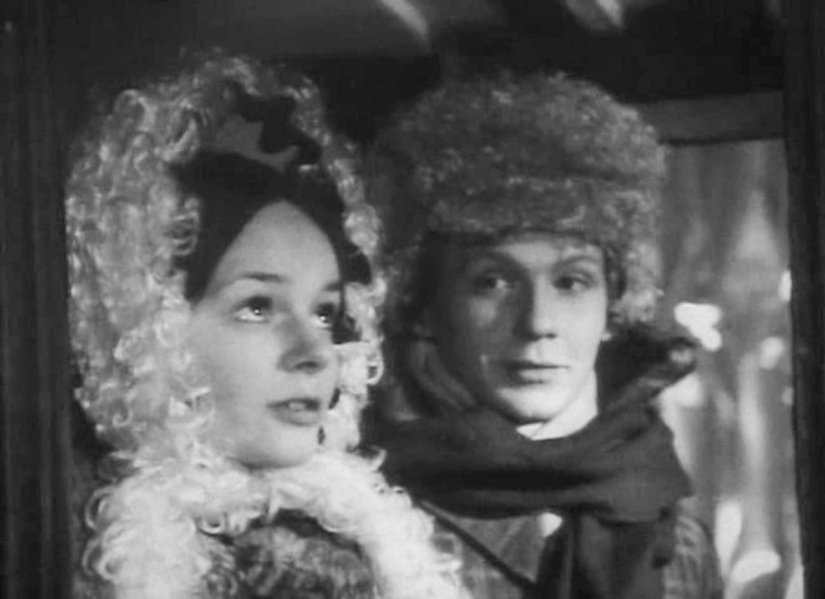
1. Childhood.
This work is the most childhood acquaintance with Leo Tolstoy. Part of the biographical trilogy "Childhood" is one of the first attempts to analyze human feelings and thoughts, to reveal their nature and origin. The author carefully observes his hero, little Nikolai (Tolstoy himself), at the transitional stage of his life, when his father takes him to Moscow, away from home, and his beloved mother, who personifies cleanliness and comfort. She later dies, after which Nikolai's happy childhood ends abruptly. Tolstoy explores in detail the shame, resentment, embarrassment, excitement, and other feelings experienced by his young self.
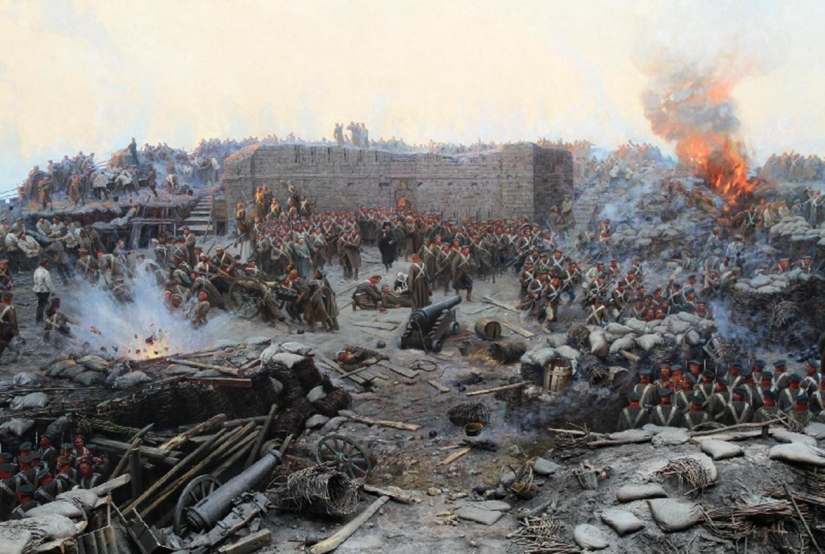
2. Sevastopol stories.
Looking at the later portraits of the gray-bearded sage, it is difficult to imagine that Tolstoy was once a brave young officer. Nevertheless, he served in the Caucasus for several years, and during the Crimean War of 1853-56 spent almost a year in Sevastopol, even commanding a battery there. It was a difficult time for the writer, who captured all the horrors of the war in his "Sevastopol Tales". The first of three stories, published at the height of the war, made a huge impression on a public hungry for news from the front. In fact, this was the first realistic work about the war.
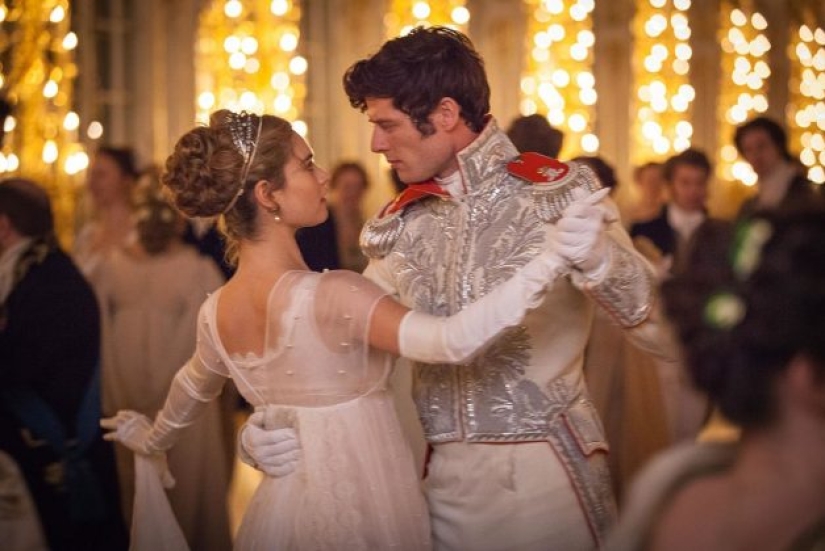
3. War and peace.
Not a single review of Tolstoy's works could fail to mention his great work, which his wife Sofya Andreevna copied by hand several times, making endless corrections. In War and Peace, Tolstoy described historical military events and their impact on the lives of several generations. He captured Moscow and St. Petersburg, the fate of entire noble families with unusually deep psychological portraits of their heroes: the young Natasha Rostova, the grumpy old prince Bolkonsky, even Napoleon himself. The war of 1812 against France in the mass consciousness is often perceived through the prism of Tolstoy's masterpiece. His original plan was to write a novel about the Decembrists, but while researching the 1825 uprising, he traced its roots back to that war and decided to shed light on how it turned Russia's fate upside down.
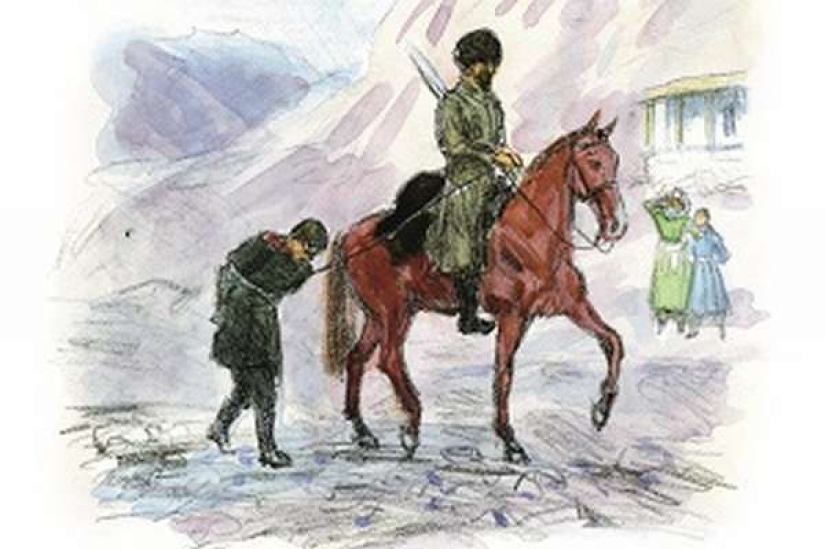
4. Prisoner of the Caucasus.
The title is a clear reference to the poem of the same name by the people's poet of Russia Alexander Pushkin. Written 50 years later, it concerns two Russian officers captured by the highlanders when their comrade does not cover them and runs away. The main character is trying to escape from captivity in every conceivable way, in which he is helped by the daughter of one of the kidnappers, in whose shed he is held captive. Readers see it as a story of war, honor, and dignity mainly for children and adolescents. It was filmed several times, including in the 1996 film by Sergei Bodrov Sr., where the action takes place during the First Chechen War of the 1990s.

5. Anna Karenina.
Tolstoy's fans were divided into two camps: those for whom “War and Peace” is his main achievement, and those who say: “Anna Karenina”. However, this second threshold, written ten years later, is less extensive in scope and chronology. Here Tolstoy focuses on the nature of happy and unhappy family life - a theme that occupied the author. It raises a number of ethical questions: is it permissible to leave a child for the sake of a loved one? Is it possible for the sake of children's happiness to forgive a changeable husband? The novel also features a thinly veiled self-portrait in the image of Konstantin Levin, who abandons social life in order to plow the fields with the peasants.
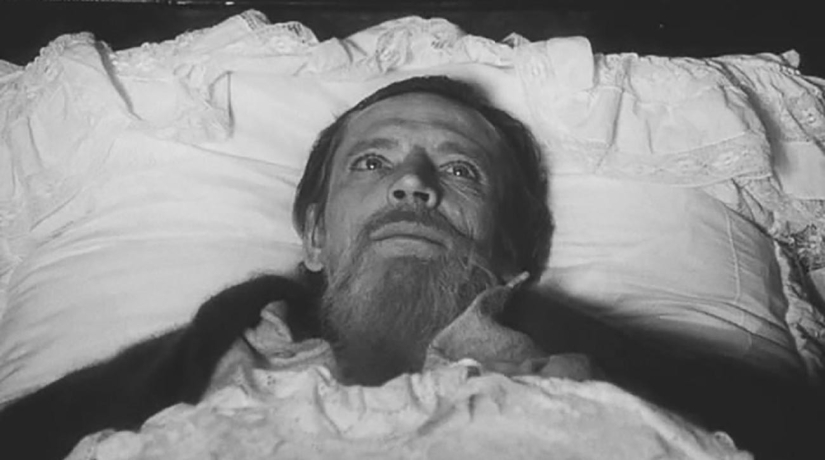
6. Death of Ivan Ilyich.
Death is central to Russian literature. And this novel is the quintessence of the Russian attitude towards her, an attempt to face death. Tolstoy describes in detail the process of the death of Ivan Ilyich. At the very end, when Ivan breathed his last, the horror of death leaves him, and, as Tolstoy suggests, death itself disappears. As, in fact, life.
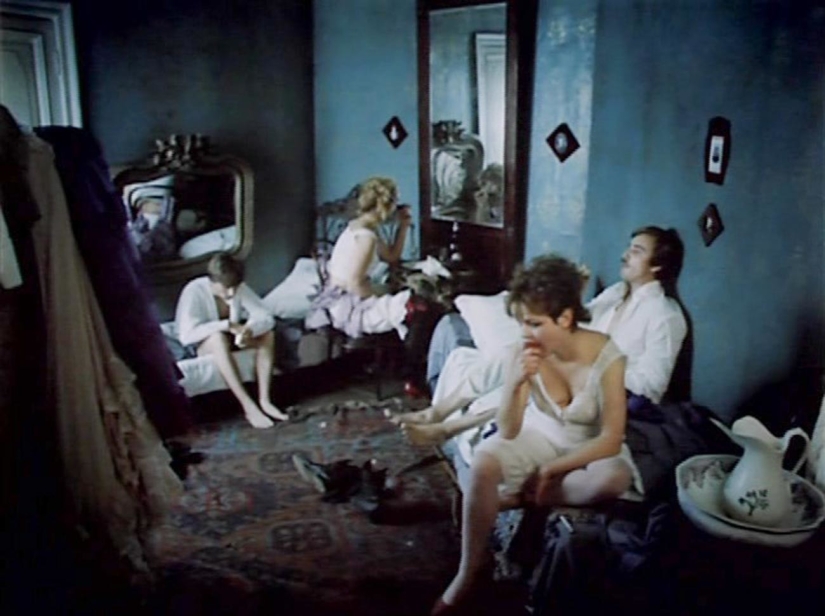
7. Kreutzer Sonata.
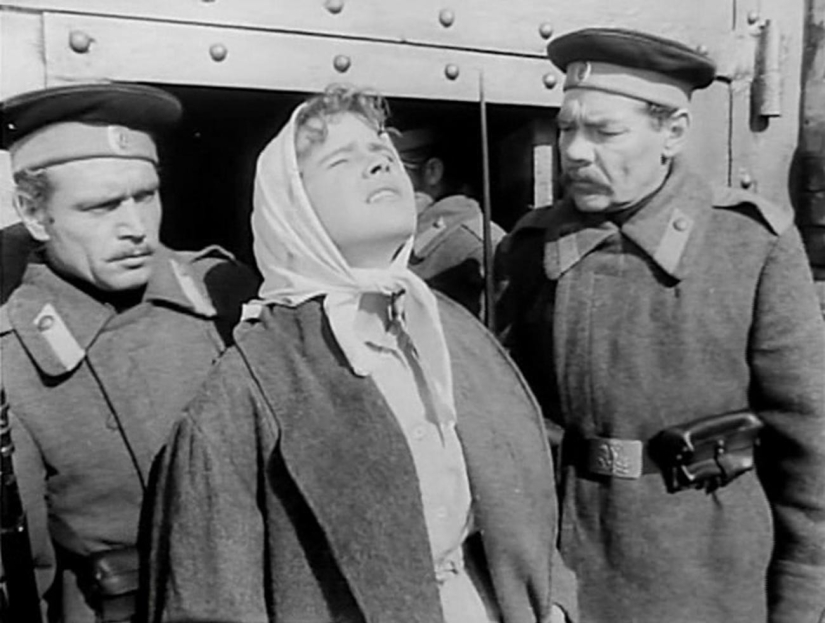
8. Resurrection.
Tolstoy's last novel, which he himself considered his best work. This is the story of the atonement of a once dissolute officer who seduced his aunt's innocent adopted daughter and, leaving her pregnant and with little money, abandoned her. For him, it's just an affair, but the girl's life is torn apart. Years later, they meet in court: he is like a disinterested juror, she is like a defendant. Upon learning her gruesome story, the former officer experiences an internal breakdown.
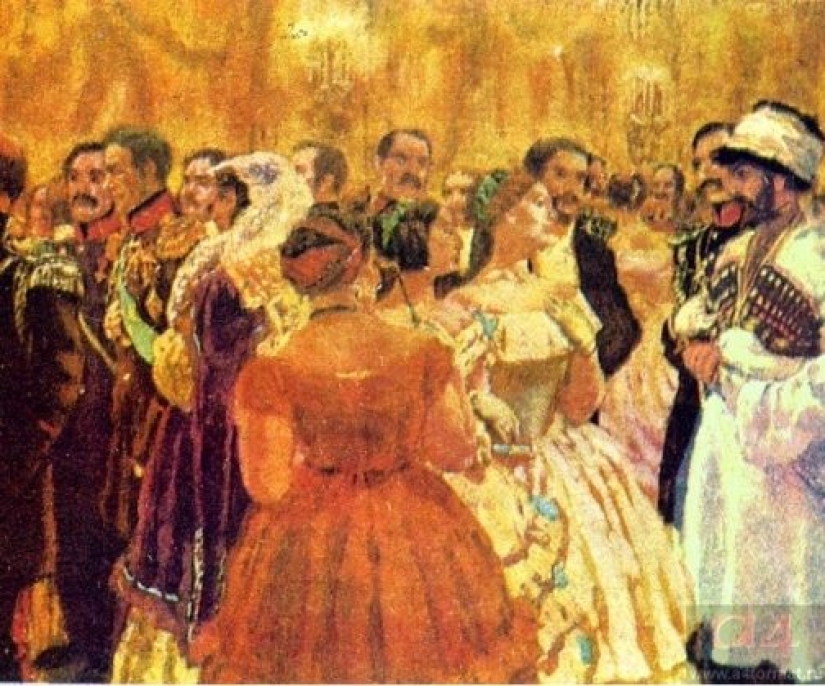
9. Hadji Murat.
Tolstoy returns to the Caucasus theme, basing the plot on a true story that caught his attention more than 40 years ago while serving in the military in the region. Hadji Murat, the right hand of Imam Shamil, goes over to the Russian side. The army command accepts him as a dear guest. Hadji Murat promises to persuade Dagestan to conclude an alliance with the Russians if they help him save his family from Shamil's captivity. Of course, not everyone believes that the "defector" is real ...
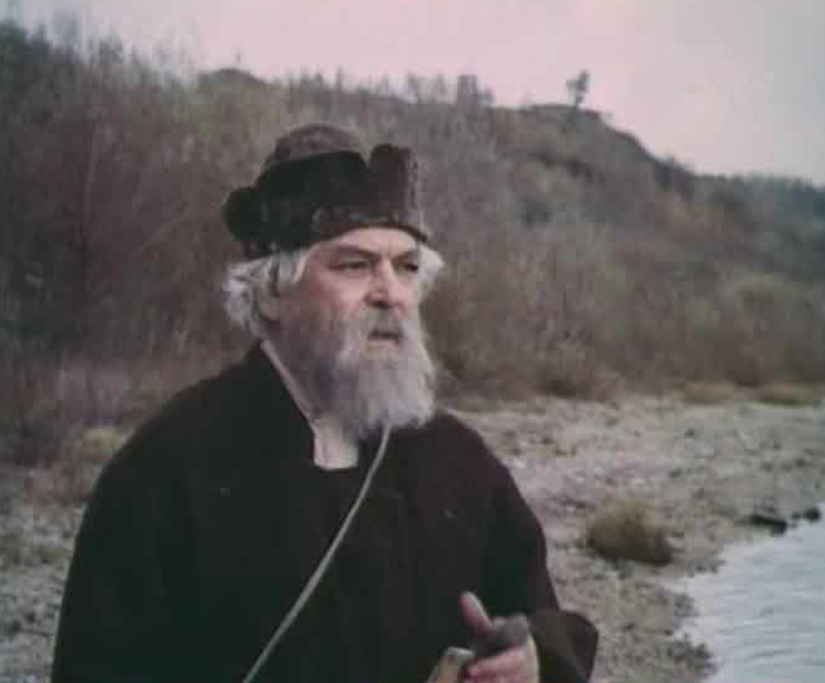
10. Father Sergius.
In the 1880s, Tolstoy experienced a serious spiritual upheaval that forced him to reconsider his attitude to faith and morality. In Father Sergius, he describes an almost exemplary spiritual path that a person can follow. An ardent young officer, Stepan, breaks off his engagement with his beautiful bride after learning that she was once the mistress of the king, whom he greatly admired. Stepan leaves for a monastery, where he becomes Father Sergius. However, even there, in the monastery, he cannot find true faith and is distracted from the righteous lifestyle by visiting pilgrims. Eventually, he leaves the monastery to wander and seek his way in charitable acts and caring for the sick. Tolstoy paints an intimate psychological portrait of his protagonist at all stages of his spiritual quest.
Keywords: Books | Literature | Reading | Collection | World | People | Authors
Post News ArticleRecent articles

It's high time to admit that this whole hipster idea has gone too far. The concept has become so popular that even restaurants have ...

There is a perception that people only use 10% of their brain potential. But the heroes of our review, apparently, found a way to ...
Related articles

The formation of Russian names occurred centuries under the influence of many factors and cultures. Despite this, our imenoslov ...

There is nothing strange in the fact that certain images and concepts of fear are repeated in the horror genre. Themes of horror ...

American writer Margaret Mitchell wrote only one novel — "gone with the wind". But it provided the woman's place in the ...

New Year's is a time to surprise and delight loved ones not only with gifts but also with a unique presentation of the holiday ...